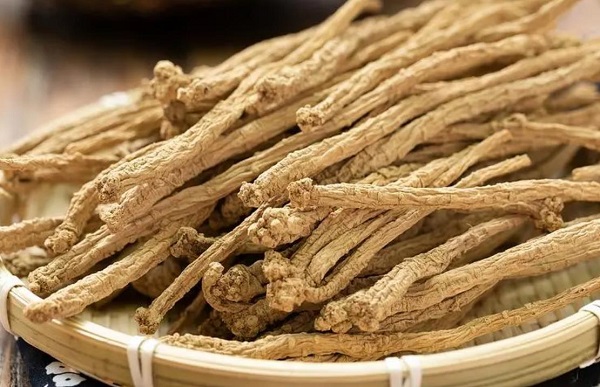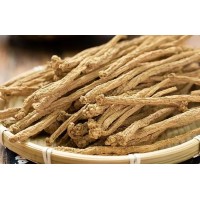Against oxidative stress, Codonopsis pilosula extract reduces melanin production!
The skin is the largest organ of the human body and protects the body from environmental toxins, allergens, and oxidative stress. Melanin is mainly produced by melanocytes and plays an important role in preventing skin diseases. However, stress, ultraviolet (UV) radiation, and aging can lead to excessive production and accumulation of reactive oxygen species (ROS), which in turn trigger many skin diseases, ultimately leading to melanocyte degradation. Research on melanogenesis has focused on regulation-related transcription factor (MITF) expression and tyrosinase activity.
Studies have shown that autophagy can maintain the normal function of melanocytes and regulate the expression of MITF. Therefore, autophagy-inducing agents may limit the damage caused by UV light and lipid oxidation, and maintain melanocyte and keratinocyte homeostasis.

In a new study, researchers delved into the anti-melanotic effects of Codonopsis pilosula extract (CPE) and the cytoprotective effects of Melan-a melanocytes exposed to hydrogen peroxide under oxidative stress.
Melanocytes respond to external stimuli to synthesize melanin. Melanocytes secrete major factors such as α-melanocyte-stimulating hormone (α-MSH), stem cell factor (SCF), and endothelin-1 (ET-1), which increase the expression of MITF, thereby promoting melanin production.
Due to the phosphorylation of MAPK/JNK in MELA-a cells, Codonopsis pilosula extract significantly reduced melanogenesis by inhibiting melanogenesis-related proteins including MITF, tyrosinase, and TRP2.
Codonopsis pilosula extract not only has an anti-melanogenesis effect in normal melanocytes but also exhibits a cytoprotective effect in melanocytes under oxidative stress by inducing autophagy and MITF expression.

